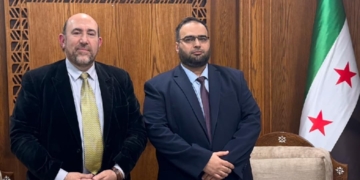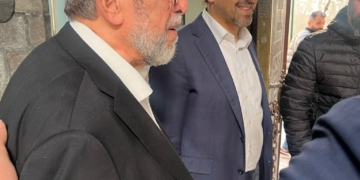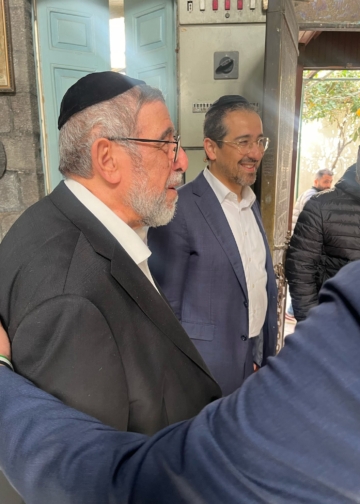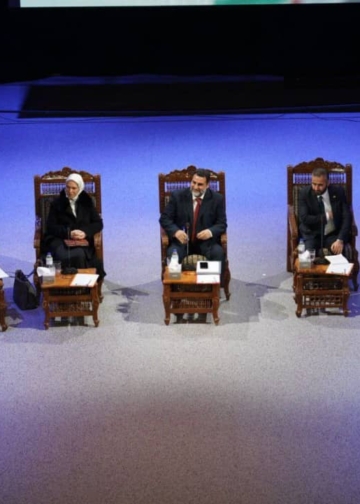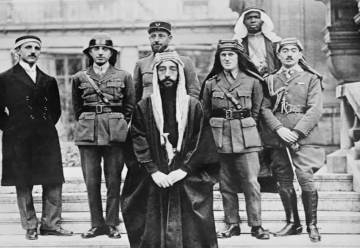Tulsi Gabbard, former Democratic Congresswoman and President-elect Donald Trump’s nominee for Director of National Intelligence, is under scrutiny following revelations that she was briefly placed on the TSA’s “Quiet Skies” list earlier this year. The watchlist, which flags individuals for additional airport security screening based on travel patterns and foreign connections, has sparked debate about her fitness to lead U.S. intelligence operations. While her inclusion on the list may not signify wrongdoing, critics argue that her past foreign engagements warrant deeper examination.
The Quiet Skies Program
The TSA’s Quiet Skies algorithm examines travel patterns, international connections, and other data to identify potential security risks. While the program is distinct from the FBI’s terrorist watchlist, it has looser standards for inclusion, often flagging travelers for further screening. Gabbard’s addition to the list, first reported by CNN, reportedly stemmed from her overseas travel and connections, particularly a controversial 2017 trip to Syria where she met with Bashar al-Assad, the country’s authoritarian leader.
The TSA confirmed the Quiet Skies program’s use of intelligence data but denied it constitutes a terrorist watchlist.Simply matching to a risk-based rule does not constitute derogatory information about an individual,” the agency stated.
Controversial Meeting with Assad
Gabbard’s 2017 visit to Damascus as a sitting congresswoman remains a focal point of criticism. Funded by a Cleveland-based Arab American group sympathetic to Assad, the trip was widely condemned as a propaganda victory for the Syrian regime. During her visit, Gabbard met with Assad twice, who has been committed mass atrocities, including the use of chemical weapons and systematic torture of detainees.
Two years prior, Gabbard visited the Syrian-Turkish border with a congressional delegation organized by Mouaz Moustafa, executive director of the Syrian Emergency Task Force (SETF). During the trip, Gabbard met with displaced Syrians who described being driven from their homes by relentless Syrian and Russian airstrikes.
To the shock of Moustafa, Gabbard openly questioned their accounts. “How do you know it was Assad or the Russians who did the bombings?” she asked. “How do you know it wasn’t ISIS?” Moustafa was astonishment and later recounted that “ISIS doesn’t have an air force.”

Reactions to Gabbard’s Nomination
Gabbard’s nomination has divided lawmakers. Critics, including some Republicans, have pointed to her history of unorthodox foreign policy positions, particularly statements that align with Russian propaganda regarding the war in Ukraine and Syria. Her defenders argue that her willingness to engage adversaries reflects a pragmatic approach to diplomacy.
Security experts have also raised concerns about the lack of an FBI background investigation for Gabbard’s nomination. Trump has suggested bypassing traditional vetting for top nominees, potentially leaving questions about her foreign engagements and contacts unresolved.
Implications for U.S. Intelligence Leadership
Gabbard’s inclusion on the Quiet Skies list and her ties to Assad raise questions about the potential impact on U.S. intelligence credibility. Her nomination underscores broader concerns about the politicization of intelligence appointments and the importance of rigorous vetting processes.
As the Senate prepares to review her nomination, Gabbard faces the challenge of addressing these controversies head-on. Whether she can reassure lawmakers and the public about her commitment to U.S. national security interests remains to be seen. However, her candidacy has already reignited debates about the role of foreign policy experience and accountability in shaping America’s intelligence leadership.





